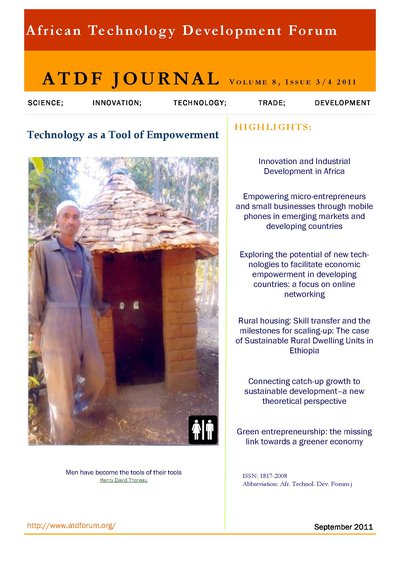3 Dec 2012
Journal Articles
Aerni, Philipp
Connecting catch-up growth to sustainable development-a new theoretical perspective

By Philipp Aerni
Abstract
The theory of comparative advantage implicitly assumes that the world consists of a fixed amount of ideas, goods and services that are produced wherever there is a comparative advantage with respect to the availability of scarce rival inputs such as land, labor and capital. There is however one crucial non-rival input called ‘knowledge’. It is embedded in rival goods in theform ideas that have been written down as instructions, protocols, designs and formulas. The effective use of ideas in an innovation-driven economy depends however on the availability of skilled labor and public policiesthat encourage investment in economic and technological change. The effective pursuit of such public policies explains the success of East Asia in catching up with Western economies. However, such policies are notbased on the principles of orthodox neoclassical economicsbut on the insights gained from economic history.In this article, we review the recent history of economic theory and practice and conclude that Western countries need to revisit their economics textbooks and public policy strategies in order to better take advantage the opportunities of the global knowledge economy and cope with the sustainability challenges of the 21st century.
Connecting catch-up growth to sustainable development-a new theoretical perspective
Further info

